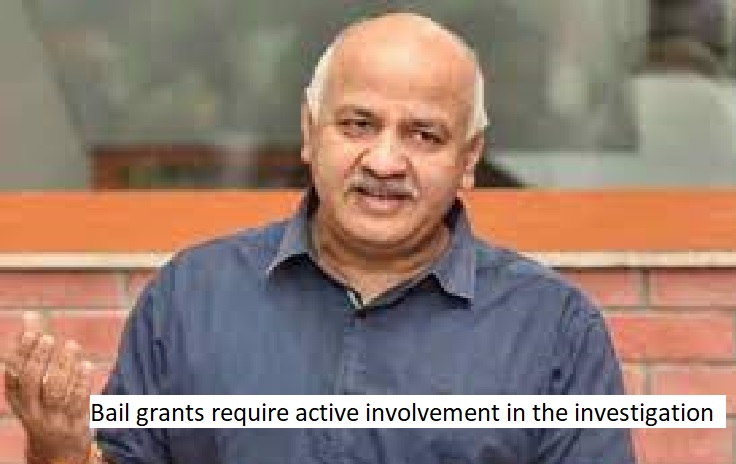


The Delhi High Court has recently underscored a critical aspect of the legal process, emphasizing that when an accused is granted bail, their role extends beyond mere formalities. In a notable ruling, the court highlighted the distinction between merely 'joining' an investigation and actively 'participating' in it, asserting that the latter is an essential expectation for those enjoying the privilege of bail.
Justice Saurabh Banerjee, presiding over the case, articulated the court's perspective on this matter. He expressed concern about a growing trend where individuals, despite being granted bail, were opting for a superficial engagement with the investigative process. This, he noted, often manifested as a nominal presence on paper without any meaningful contribution to the ongoing investigation.
The court's observations stemmed from a recognition that the efficacy of bail, particularly anticipatory bail, hinges on the active involvement of the accused in the investigative proceedings. Justice Banerjee emphasized that a mere physical presence during the investigation, without substantial participation, would defeat the very purpose for which bail is granted. This distinction gains significance in light of the palpable consequences it carries for the justice system and the integrity of ongoing investigations.
In the court's view, the accused's obligation transcends the act of joining the investigation. Justice Banerjee stressed that individuals enjoying bail must understand and appreciate the difference between showing up at the investigative proceedings and actively contributing to them. Failure to fulfill this responsibility was seen as a hindrance to the investigative process, potentially impeding the pursuit of justice.
The specific context of these observations arose in a case where the court was granting anticipatory bail to a government school teacher facing charges of rape. The complainant alleged that the accused, whom she met through an online dating application, had intoxicated her during a visit to his house, leading to acts of sexual misconduct. The charges included sections of the Indian Penal Code related to causing hurt, rape, and criminal intimidation.
Despite the serious nature of the allegations, the court, in its wisdom, considered various factors before granting anticipatory bail to the accused. Notably, the court evaluated the accused's background, highlighting that he was a government school teacher with a family, including a wife and two children. The absence of past complaints or threats, coupled with the accused's clean antecedents, weighed in favor of granting bail.
The court also scrutinized the complainant's activities, revealing that she had engaged in various transactions on e-commerce platforms using the accused's credit/debit card. These factors, among others, contributed to the court's decision to grant anticipatory bail.
Justice Banerjee further underscored the significance of the accused's family ties, indicating that the likelihood of him absconding was minimal. The absence of intimidation complaints and a clean record suggested a low risk of tampering with evidence or influencing witnesses.
In concluding the judgment, Justice Banerjee emphasized that custodial interrogation was unnecessary in this case. He cautioned against denying bail, which could lead to the accused's ignominy, humiliation, and disgrace in society. The court, based on the available materials and considerations, found sufficient grounds to extend the benefit of the doubt to the applicant, granting anticipatory bail.
This case, beyond its specific circumstances, sets a precedent by highlighting the court's expectations regarding the active participation of accused individuals in the investigative process post-bail. It serves as a reminder that the privilege of bail comes with a responsibility to genuinely contribute to the pursuit of truth and justice, emphasizing the overarching principle that legal processes are not mere formalities but essential components in the quest for a fair and just society.
TAGS: Delhi High Court Accused Bail Investigation Joining vs Participating Justice Saurabh Banerjee Legal process Anticipatory bail